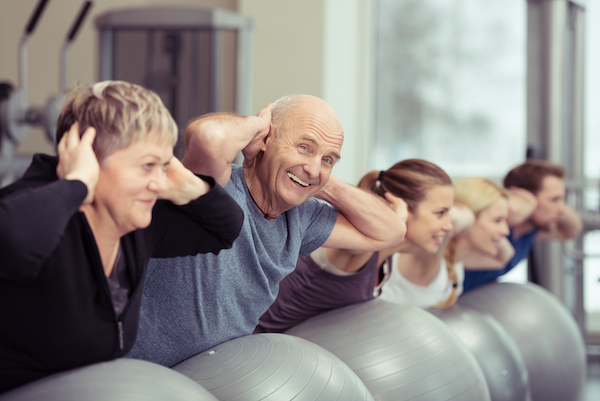When it comes to improving your fitness, rest days might seem counterintuitive—but they’re just as crucial as your most intense workouts. At the YMCA of Greater Whittier, members are encouraged to embrace recovery as part of their wellness journey. With access to stretching zones, foam rollers, and restorative classes like yoga and Tai Chi, the YMCA provides everything you need to recover smart, stay injury-free, and keep progressing toward your fitness goals.
Why Recovery Days Matter
Exercise—especially strength training and high-intensity cardio—places stress on your muscles, causing microscopic tears in the muscle fibers. While this may sound like a bad thing, it’s actually how muscles grow. But growth and repair don’t happen during the workout—they happen after. That’s why recovery is essential.
Without proper recovery, your body doesn’t have time to rebuild and adapt. This can lead to stalled progress, fatigue, and even injury. Rest days help reduce muscle soreness, restore energy levels, and improve performance in your next workout. In short, recovery is where the real transformation happens.
Active Recovery vs. Full Rest
Not all recovery involves lying on the couch—although a complete rest day is sometimes necessary. Active recovery refers to low-intensity movement that promotes circulation and helps your body heal faster. This could be a walk, a light swim, or a restorative class at the YMCA.
The YMCA of Greater Whittier offers excellent options for active recovery, including:
-
Tai Chi – A slow, flowing practice that enhances balance, reduces stress, and gently stretches tight muscles.
-
Yoga – Ideal for improving flexibility, relieving tension, and calming the nervous system.
These classes help members feel refreshed and recharged while keeping the body moving without added strain.
Using Stretching Zones and Foam Rollers
The YMCA’s fitness centers are equipped with designated stretching areas and foam rollers—essential tools for anyone looking to improve flexibility and accelerate muscle recovery.
-
Stretching improves joint mobility, reduces the risk of injury, and enhances overall performance. Spend 5–10 minutes after your workout focusing on major muscle groups used during the session.
-
Foam rolling (also known as self-myofascial release) helps break down tight muscle knots and increases blood flow to sore areas. Roll slowly over targeted muscles, pausing on tender spots to release tension.
If you’re new to foam rolling or not sure where to start, YMCA staff can guide you through simple routines to incorporate into your cool-down.
Scheduling Recovery the Smart Way
Just as you plan your workouts, you should also plan your recovery. A good rule of thumb is to schedule at least one or two full recovery days each week, especially after high-intensity or strength-based sessions. On lighter days, swap a hard workout for yoga, Tai Chi, or a leisurely swim—activities that keep your body active while aiding in the healing process.
Recovery is not a break from your fitness goals—it’s an essential part of reaching them. At the YMCA of Greater Whittier, you have access to all the resources you need to recover smarter and stronger. By using stretching zones, foam rollers, and taking advantage of restorative classes like yoga and Tai Chi, you can prevent burnout, reduce injury risk, and feel better in every workout. So remember: stretch, recover, and repeat. Your body—and your future self—will thank you.

